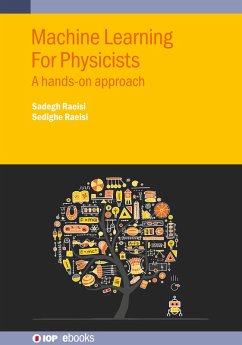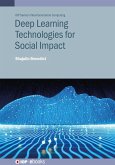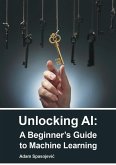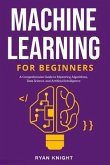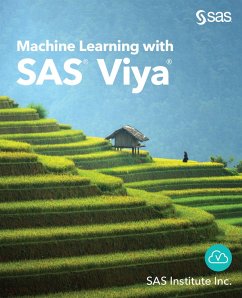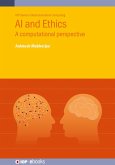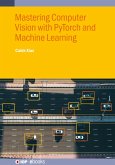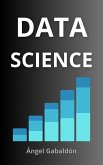This book presents ML concepts with a hands-on approach for physicists. The goal is to both educate and enable a larger part of the community with these skills. This will lead to wider applications of modern ML techniques in physics. Accessible to physical science students, the book assumes a familiarity with statistical physics but little in the way of specialised computer science background. All chapters start with a simple introduction to the basics and the foundations, followed by some examples and then proceeds to provide concrete examples with associated codes from a GitHub repository. Many of the code examples provided can be used as is or with suitable modification by the students for their own applications.
Key Features:
Key Features:
- Practical Hands-on approach: enables the reader to use machine learning
- Includes code and accompanying online resources
- Practical examples for modern research and uses case studies
- Written in a language accessible by physics students
- Complete one-semester course
Dieser Download kann aus rechtlichen Gründen nur mit Rechnungsadresse in A, D ausgeliefert werden.

